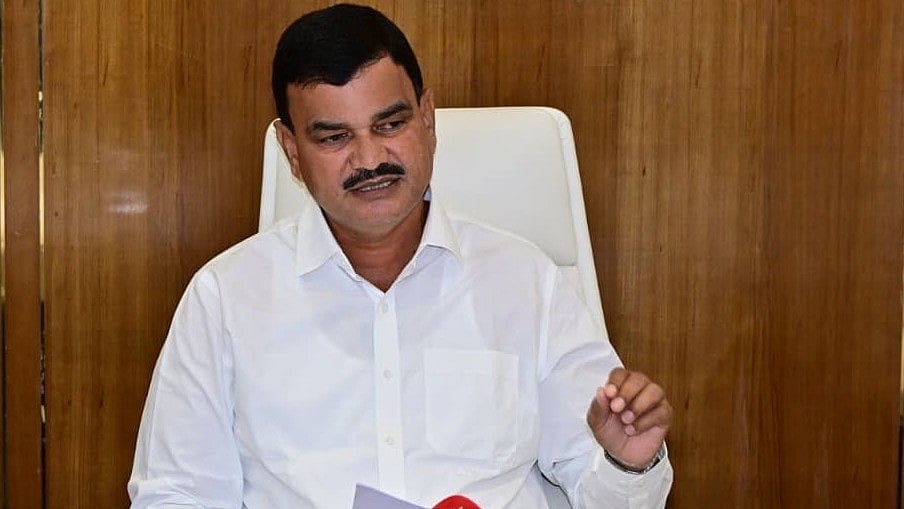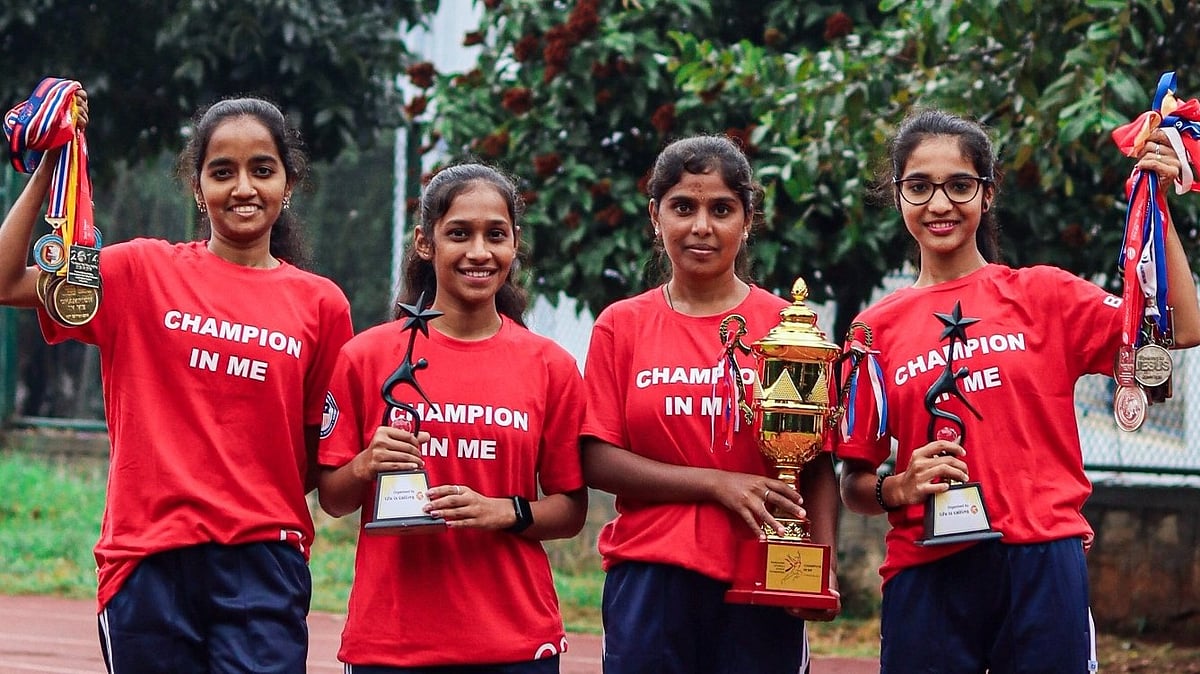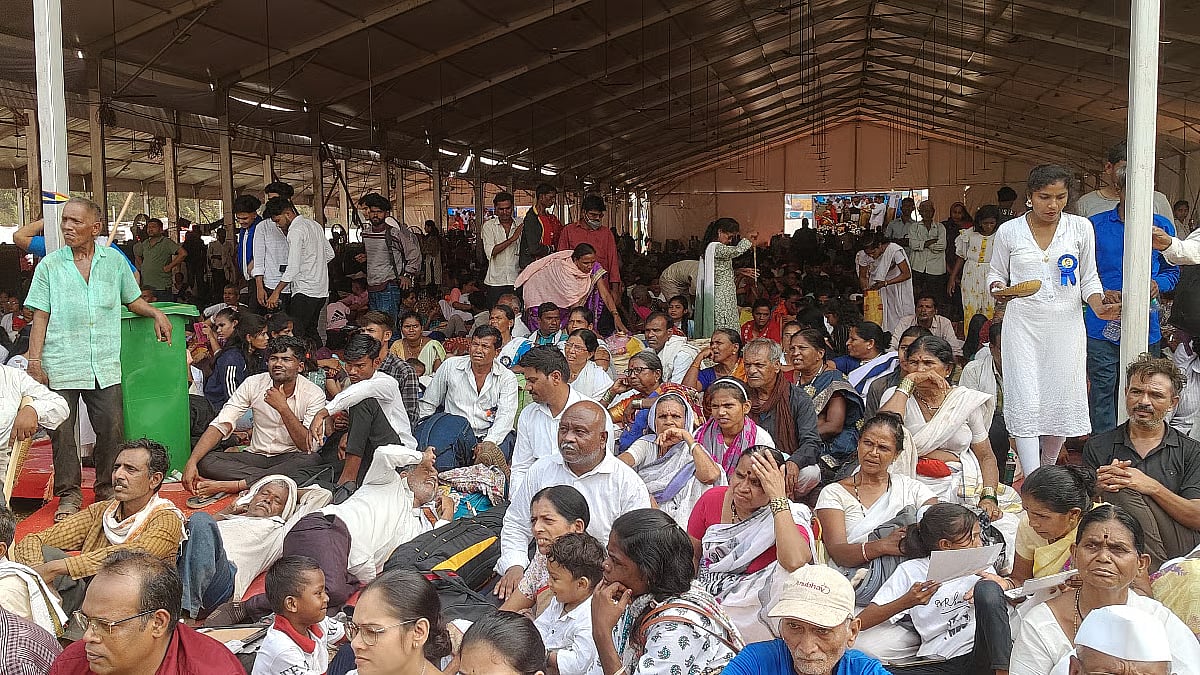Recently, father-to-be and Indian skipper Virat Kohli made headlines with his decision to take paternity leave from three out of Tests between India and Australia. While Kohli’s decision has been lauded by coach Ravi Shastri and Australian opener David Warner, it has also broken new ground for Indian fathers who often play a secondary role in childcare.
Adjust and adapt
“The bulk of pregnancy-related information and coping strategies focus on the mother, especially since her body is undergoing biological and structural changes. However, the psychological changes associated with pregnancy affect both parents. In fact, high levels of cortisol – a stress-related hormone – are noticed in new fathers after the birth of the child. Many men also exhibit the Couvade Syndrome or sympathetic pregnancies, where they experience pregnancy-related symptoms that are both physical (nausea, bloating, backaches, and appetite changes) as well as psychological (changes in sleeping patterns, anxiety, and depression). Giving yourself the time to comprehend and adapt to these changes is important and can play an important role in your mental well-being. Further, sharing responsibilities with your partner following the birth of your child can increase your partner’s trust in you. Psychological triggers for post-partum depression in women, which involve feelings of anxiety about being able to care for the child, can be alleviated,” explains Dr Nahid Dave, a psychiatrist at Thought Matters.
Dr Payal Sharma, a psychiatrist at Rekindle Mind Clinic, adds, “The first few weeks after birth are crucial to ensure strong bonds between parent and child. Both parents must have enough time with their child to learn parenting skills – from feeding to diaper changes and everything in between. Paternity leave gives you the time to learn these skills.”
Research indicates that fathers who take leave following the birth of their child are more likely to be involved in parenting, in the long run. They also experience several benefits, from better mental health and stronger relationships with their partners. Dr Sharma explains that the baby’s crying activates pathways in the father’s brain that are related to social perception, bolstering his ability to forge and maintain a relationship with the child. It also boosts oxytocin (a feel-good hormone) levels in the brain, helping fathers to bond with their babies. Having the support of a partner at home boosts the mother’s prolactin and oxytocin levels, stimulating the production of breast milk production.
Importantly, Paternal Postnatal Depression is common among men after the birth of a child, with as many as one in four new fathers experiencing this. Men also experience financial and physical stress with the new addition to the family, and emotional changes as the attention of the partner shifts to the child, causing feelings of loneliness in the father.
Why it matters
Paternity leave is still a relatively new concept in India, where fathers were often the sole breadwinners of the family unit and had little or nothing to do in the parenting process. However, changing times and modern gender dynamics have led to more mothers stepping out to work and contributing to the family income, and fathers helping in household chores and taking up parenting duties, says Dr Sharma.
“We must encourage fathers as active co-parents, who are not just ‘helpers’ in parenting but also equal contributors. Introducing paternity leave will help to transform the perception of caregiving being a solely female responsibility. In fact, it is especially impactful to the way in which men bond with their children,” she emphasises.
Further, raising a new-born child is an extraordinarily stressful experience and can potentially become a complex and isolating experience for a new mother. Paternity leave gives fathers the opportunity to be primary caregivers and recognise and appreciate the unique challenges of the role, for both parents.
Make it count
During your paternity leave, Psychologist Priyanka Bajaria recommends paying attention to the following:
1. Create bonding rituals: Don't limit your interaction to routine chores such as changing diapers and burping the baby; extend your time to sing to the baby, strengthen non-verbal communication, engage in skin-to-skin time, and read to the baby. These are some ways of forming an early secure attachment that can cement your relationship with the baby beyond your paternity leave.
2. Support your partner: Support the mother after birth by actively participating in child-care tasks. Reorient your focus from the baby to your partner intermittently, so that she feels special and 'seen' in the new dynamic; surprise her with things that she holds significant. Find some time alone to simply talk to each other; share your fears and anxieties and joys.
3. Some ‘me’ time: While your baby and spouse will take priority during the leave period, make some time to also be present for yourself. A new-born baby brings new responsibilities and increased expenses; future-oriented anxiety is commonly seen among new fathers. Notice your thoughts and feelings. Use this time to exercise and refuel.
4. Don’t neglect your mental health: Seek professional help if your anxiety and fears become unmanageable; this is especially important because men have a tendency to express sadness through anger and irritability, which can disrupt the emotional climate at home. Additionally, if there is an underlying mental health issue that has gone unnoticed, new fathers have a high susceptibility to engaging in addictive behaviours such as gambling or gaming excessively, or increasing the use of substances such as alcohol and tobacco.
An equal partnership
“After my daughter, Raeya, was born, my office gave me only a couple of days’ leave as per the policy. However, I was very keen to be involved in the parenting process, starting with her birth. I took an additional fortnight off to spend more time with her and my wife. This gave me the time to set up and adjust to a new routine, which kept me from feeling excluded from or overwhelmed by the parenting process. There are so many little changes that you must adapt to and things you must learn after becoming a parent. My wife and I were both very social and loved travelling – I’m glad I had the time to cope with a new domestic routine. In fact, my wife was living with her parents at the time, and I moved with her. Many of my friends and colleagues commented on my decision – you see, men often view this time that their partner spends with her parents’ as a vacation of sorts. However, as an involved parent, I was determined to do things a little differently.” —Vishal Balsara, 34, IT professional










